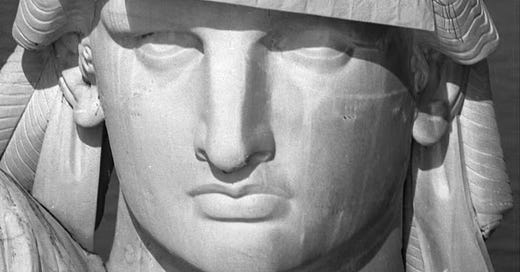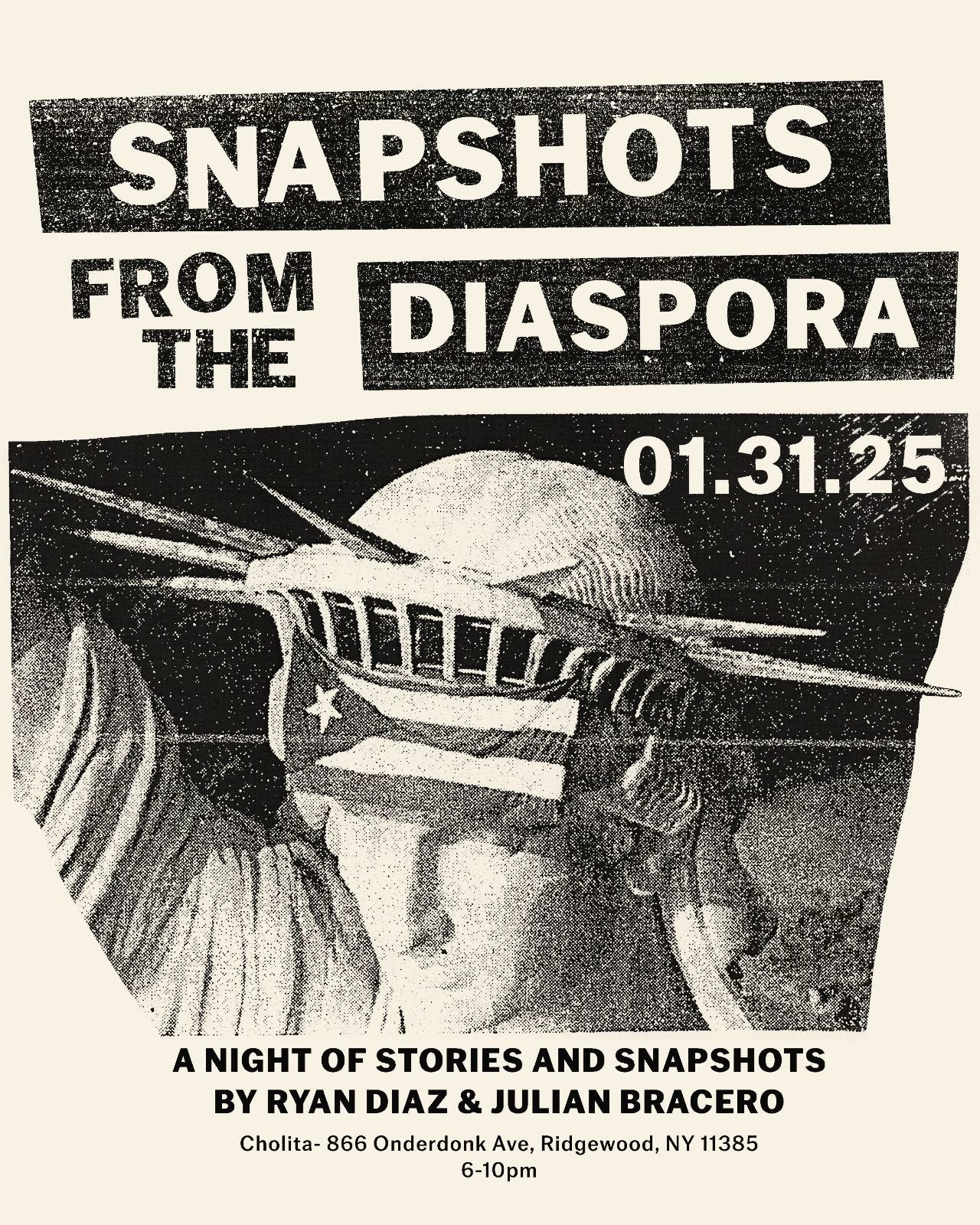Dear Reader,
Identity is a tricky thing. Especially when you’re unsure who you actually are. For most of my life I’ve wrestled with exactly what it means to be me, that is a child of that wave of Puerto Ricans who found their home in NYC in the mid-50’s and for whom the island of their birth is a mishmash of loathing and longing. We were always too American for our family on the island and never white enough for our neighbors (ironic given the fact that despite our last name we could easily pass as an all American family, at least on a good day, whatever that means). This meant living on the edge of something you just couldn’t explain, all the while wondering why it seemed easier for so many others.
The history of Puerto Rico and New York is forever intertwined. For some this merger fits like a glove, for others, my family included, it is a source of uncertainty, a daily choosing between the people our families were and who they now desire to be.
All of this risks sounding like a cliche. But then again cliches are cliches because they are common enough to be true. The sequence of poems I’ve included below speaks somewhat to that experience. Of course, the diaspora experience isn’t monolithic, and so what you’ll get is my perspective, my take on my families complicated history with identity. But even if the experience is foreign to you, I hope it rings true.
But this poem is part of something larger.
My friend Julian and I decided to get together to explore this concept through poetry and photography and are hosting a gathering on January 31st to celebrate our Nuyorican heritage and to showcase the art inspire by it. If you want to join us, I’ve included the link below. There will be live music, readings, and a brief discussion of our work. But more importantly it’s going to be a party a celebration of NYC of Puerto Rico and the weird and tumultuous relationship between the two. We hope you cna join us!
-Ryan
DIASPORA: A POEM I. No one told us where we came from. Just a small green dot on a great blue map. The only time we were different was when my abuelo opened his mouth and my mother spoke back—unknown syllables rolling off her tongue, passing through the air and settling in my ear. No one bothered to explain why I couldn't talk back. I was a small green dot on a great blue map. II. Tossed up on a concrete shore my mother and father fought to make sense of who they were and with no home to look back to they conjured up fictions to explain the people they'd become. What they were left with was a hodgepodge of American tropes: the underdog scholar, the collegiate hopeful, names slightly changed because nothing says different like an accent 'bove an e. Somewhere, on that concrete shore, is dried out husk of a life once lived— uncomfortable in our skin we flay ourselves free. III. There's no rhythm in my feet. No ñ on the tongue. No sand between my toes or skin kissed by the sun. But cut these limbs and what do they bleed: "Que bonita bandera. Representando la patria. Es símbolo de cultura!" (Yo soy boricua, pa' que tu lo sepas).





